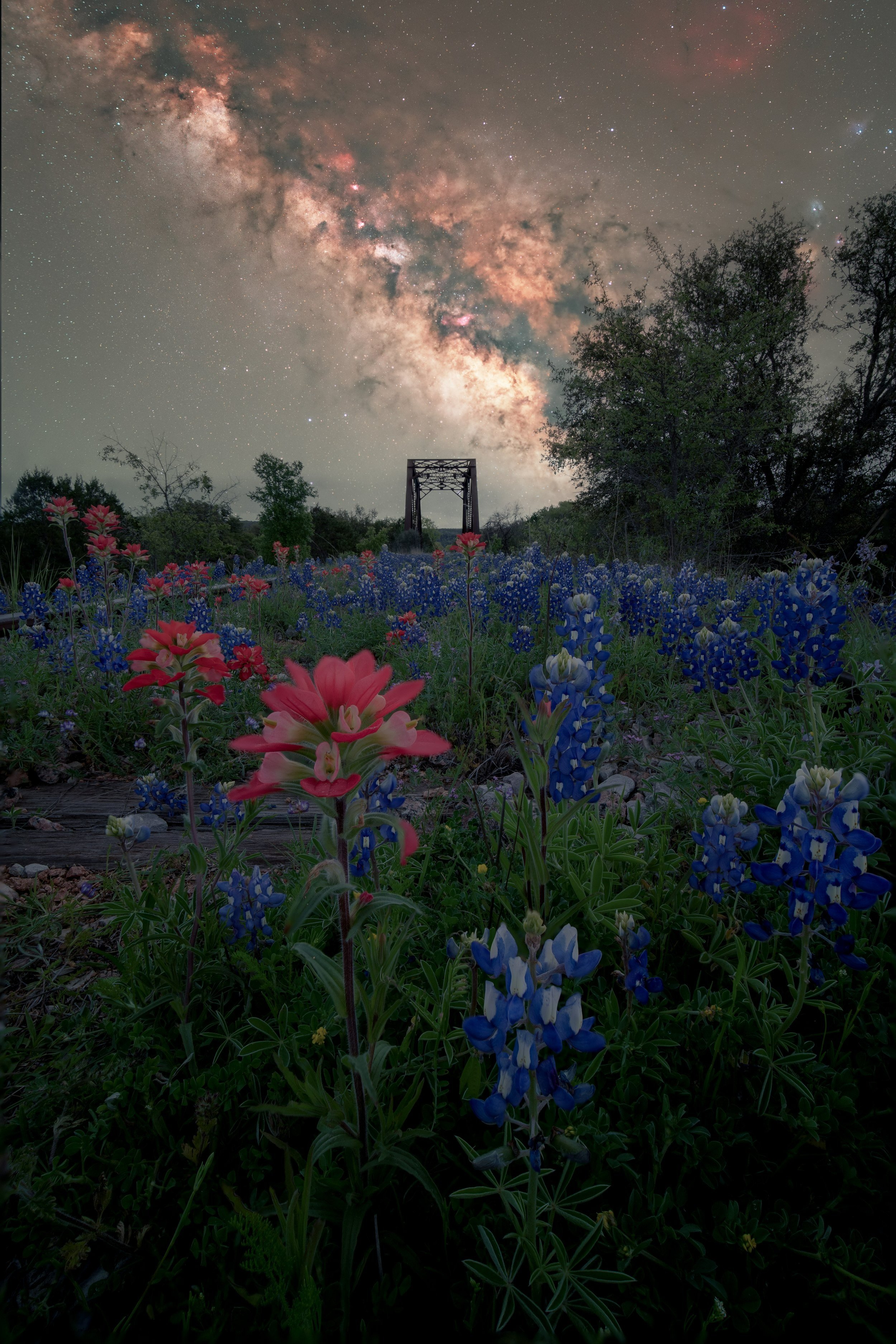
Books
“Brownlee juxtaposes mind and spirit, and there’s nowhere these poems don’t dare to go.”
-Yusef Komunyakaa
-

Praise for Requiem for Used Ignition Cap:
J. Scott Brownlee crisscrosses some risky borderlands, but always in a zone of quotidian integrity. This collection, honed and shaped, is woven from ordinary lives and dreams, and each trope honors the earth we walk upon. There’s a feeling in this collection—voices and rituals that spark the landscape. Brownlee juxtaposes mind and spirit, and there’s nowhere these poems don’t dare to go.
-Yusef Komunyakaa
The violence of men, the delicacy of their broken bodies, the religiosity of the town that raised them: all of these influence Requiem for Used Ignition Cap, which documents an America we rarely see. In J. Scott Brownlee’s Llano, high school football heroes become PTS-affected war vets. The rural dead sing from the hollow flutes their bones leave in the dust. These are poems whose language begins with the body and the land. For Brownlee, the two are inseparable.
-Dorianne Laux
Devotion, whether in poetry or prayer, requires one to pay attention. From the very first poem of this collection to the last, Brownlee does exactly that. Whether it is the landscapes of Texas, soldiers home from Iraq, or the awkward ways in which we relate to each other, these poems pay close attention to details and transform them into something organic, whole, and incredibly moving.
-C. Dale Young
Brownlee's poems relate and interrogate what’s expected of young White men growing up in the rural South. In doing so, they resist the erasure and nostalgia of some Southern literature and instead lay bare the benefits and violent trappings of small-town Christianity and masculinity. These poems are at once song, accusation, self-implication, and prayer—full of the music of a place from which Brownlee is forever removed but from which he will always hail.
-Susan B.A. Somers-Willett -

Praise for On the Occasion of the Last Old Camp Meeting in Llano County:
An exquisite, pressing intelligence hums through Brownlee's poems. . . . He gives us Llano, Texas—cradle of his childhood—with all its glories and brokenness, as well as the poet born and jettisoned forth from that strange and terribly American place. This is a loving and mournful meditation, at once ode and elegy, and the everyday, in-between realities miraculously lived through.
-Michelle Bitting
There is a kind of uncanniness which binds the poems in On the Occasion of the Last Old Camp Meeting in Llano County together. This uncanniness is so loud that the world suddenly ceases, and the only things moving are Brownlee’s lines. They often feel disconcerting at first because they seek to challenge conventional knowledge, insisting that “the world so loved the world it gave itself to itself." Igniting a fusillade of violence and beauty, Brownlee's poems provide an indispensable understanding of what makes us vulnerable, and damned, and distinctly human.
-D.M. Aderibigbe -

Praise for Ascension:
In poems that witness and pray, Brownlee teaches us that salvation is found in geography and its ghosts—reminding us that elegy is rooted in both the physical body and the vicious grace of the soul as it ascends.
-Tarfia Faizullah
Brownlee is that rare poet who refuses to hide behind the glitz of literary fashion and trendy opacity. His work says, with an unwavering lack of apology, "This is my America." This is a poetry of ardor, and I celebrate it.
-Michael McGriff
These are poems of place and identity with a voice that comes out of the landscape. I admire their rough American syntax, their Texas detail, and their country lyricism.
-Joseph Millar
J. Scott Brownlee takes us through the small towns and back woods of the Texas Hill Country, always with a keen sense of character and a fine ear for the beauties of language. This is a terrific collection of poems.
-Kevin Prufer -

Praise for Highway or Belief:
What I admire most about the poems in Highway or Belief is how they actively choose to leave no one behind; it is evident that Brownlee has devoted much of his craft to name and resurrect the small town casualties that our country would rather ridicule and forget. This is one of the few books that gets the working class right, and it will ring as gospel for anyone who has attempted to outrun the fractured places that will never leave them.
-Rachel McKibbens
J. Scott Brownlee is a Localist, a poet of place. “Texan grammar” enriches the music of his lines. Syllables sputter, sing. An astonishing attentiveness to the people of Llano bleeds through the page. His poems are communal spaces where “po-dunk kids” and soldiers with “a new brokenness” cast tender and brutal shadows.
-Eduardo C. Corral
J. Scott Brownlee dissects the lives of young men spoiled by the Texas sun, sports, machismo, and ambivalence. What I admire is that in the face of this wasteland he chronicles, he sidesteps gloom and instead tenderly trumpets, "Dedicate every carrion kill-cry // to me. I will reach to kiss you / the way I always have.”
-Tomás Q. Morín